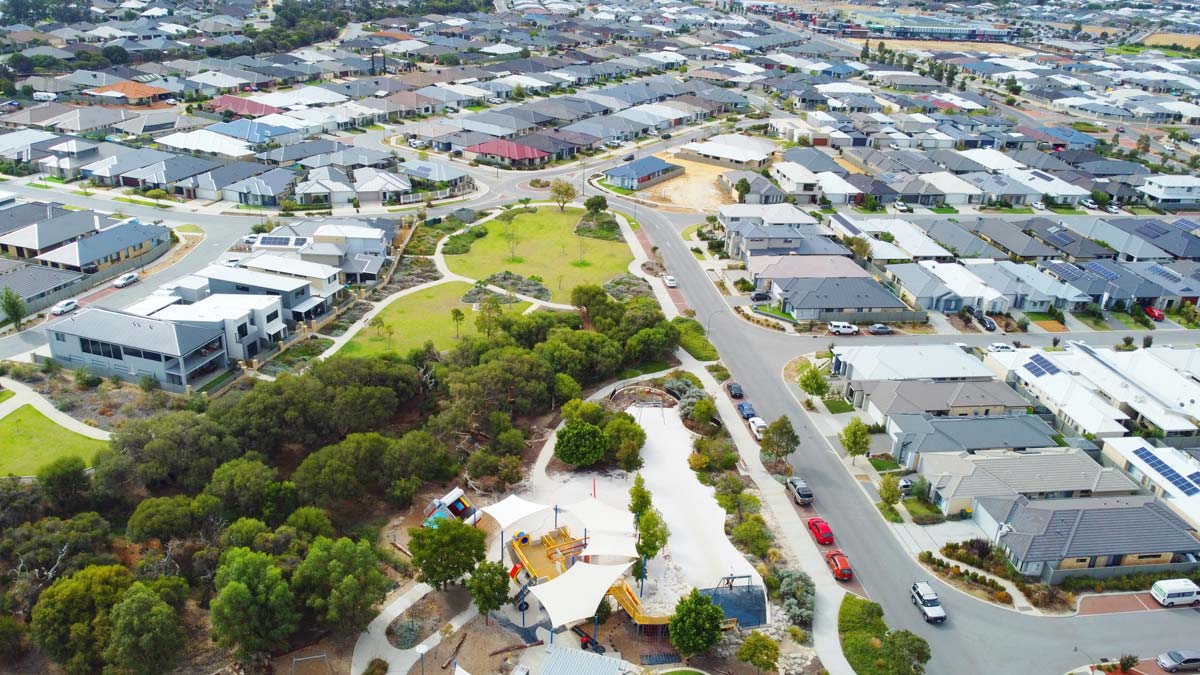The population of Western Australia is expected to grow by close to a million people in the next three years. These numbers have been recently revised higher than previous projections.
Clearly, investing in property in WA is a smart idea given the current market.
But what if you live interstate? That’s where we come in! No worries, read on for a guide that will tell you tips you need to look for when looking into Perth real estate.
Research The Various Suburbs
Before looking at individual properties when buying property, it is a smart idea to do some research on the Perth real estate areas you are considering.
Knowing things like median house prices, neighbourhood restrictions, crime rates, and availability of amenities like shops, daycares, parks, schools, transport and so on will help you decide if you want to live or invest in that area.
If you want to be close to the CBD with close proximity to parklands, East Perth might be the place for you when investing in property. Nedlands, Applecross, Claremont, and Subiaco have been some of the most viewed listings in Perth.
Even if you aren’t able to take a drive through the various areas, that doesn’t mean you can’t do research to find out all the info you need. For example, you can check out this chart that analyses the top 10 suburbs based on crime, playgrounds, and access to schools. This is great if you have a family or plan to buy a rental property.
Remember, the best suburb to live in is all about individual needs. Consider not only how much you are able to spend and budget on this property, but also what type of living environment appeals to you.
The good news for homebuyers is that Perth is the cheapest of any capital city in the country to purchase a home. In fact, the median house sale price was $525,000 in 2021.

Check With The Local Council
Talk to local councils
Another necessary step when shopping the real estate market is to talk to the local councils.
You will want to know what’s on the plans for an area and what building approvals are needed when looking to sub-divide or build. Perhaps the vacant land near the property you buy is set to be developed into a block of high-rise apartments. You definitely want to be aware of these things before you sign on the dotted line.
While you’re on the phone with the council, ask if there are any unapproved structures on the property you’re interested in. Structures like decks, pools, and patios should be approved by the council and on the official house plans.
If not, that may cause you to rethink that Perth property.
Also, keep in mind that you may want to ask about government policy as well. Aspects of buying, such as: tax, depreciation, and home ownership grants are all things you need to be aware of.
Understand Property Purchases in Western Australia
You might be surprised to learn that the way buying property works can change within states of Australia.
In Western Australia, properties are bought using a method called ‘Offer and Acceptance’. This means that if you put in an offer on a Perth home and it is accepted, you are now committed to going through with the purchase. In WA there is no cooling-off period, like most other states.
That is unless the seller fails to meet a condition. Any special conditions must be included as part of the offer, and cannot be added on later without a variation and signed by all parties.
If you are buying privately in Perth, you are generally required to pay a deposit. This might be as low as $2000 and as high as 10% of the purchase price.
If you buy a property at auction, you will need to pay the deposit straight away. Usually, this deposit is 10%.
It’s important to note that if you don’t have a visa, you can only buy off-the-plan property. This means that the property purchase happens before the property is completed and/or the Certificate of Title has been issued.
Buying off the plan is quite a different process from buying an existing house. This is somewhat risky. The contracts are often lengthy, complex legal documents. So it’s important to be aware of the commitment and to understand what your rights and responsibilities are.
Know The Full Costs of Buying Perth Real Estate
Just like anywhere else, there are many large and small costs associated with buying property in Perth. It’s smart to have a ballpark idea of what those fees will be from the start.
You can do some research and talk to experts to figure out what you can expect to pay for the following costs:
- Stamp duty
- Land tax
- Legal and conveyancing fees
- Loan establishment fees
- Pest and building inspections
- Council rates and government charges from settlement date onwards,
- Moving costs
There might be some discounts or concessions. It depends on your specific situation. Be sure to reach out to the WA Department of Commerce for help.
This brings us to our next tip: don’t try to do this on your own.

Buying real estate interstate
Get Expert Advice
There’s a reason why real estate agents specialise in certain areas of the country. This allows them to become experts in property value, the vibe of a location, and much more.
When buying interstate, it’s even more crucial to have a team of experts working with you. It’s an incomparable opportunity to find out as much as you can about the area, the current real estate market, and the property you are interested in.
Start Looking at Perth Properties
There you go! Now that you’ve read this complete guide, you are set to begin your Perth real estate adventure.
Remember, though the research may seem daunting, it is vital. Plus, you don’t have to do it all alone!
Go ahead and book a free discovery session with a member of our team to get started. With over 35 years combined practical experience between the two co-founders, you have a wealth of knowledge on your side. We work with you at every step of the way, and you’ll only ever deal with one, or both of the co-founders of the business. So, what are you waiting for??
Until next time, Happy Investing!

Buyer's Agent, Co-Founder at You&Me Personalised Property Services

